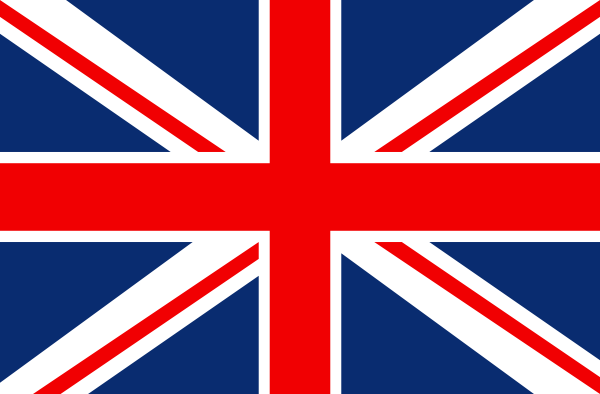
 BPI OFFERS STREAMING STATS FOR GOVT INQUIRY
BPI OFFERS STREAMING STATS FOR GOVT INQUIRY
 Ahead of today’s evidence session for the British government’s ongoing inquiry into the economics of streaming, trade body BPI has issued some figures to illustrate the way streaming is benefiting artists and resulting in a more "democratic" market. Three U.K. major label CEOs addressed the government today.
Ahead of today’s evidence session for the British government’s ongoing inquiry into the economics of streaming, trade body BPI has issued some figures to illustrate the way streaming is benefiting artists and resulting in a more "democratic" market. Three U.K. major label CEOs addressed the government today.
Around 1,800 artists achieved more than 10m streams in the U.K. alone in the past 12 months—72% more than the 1,048 artists who achieved the equivalent 10k album sales in the CD, LP and download market of 2007, BPI stats show. Streaming has also made the market more democratic; the top 10 artists were less dominant in streaming (5%) in 2020 than in CD sales in 2005 (13%).
Moreover, BPI global streaming data shows that the top 1,500 artists in the U.K. generate, on average, nine times as many streams outside the U.K. as they do at home, with 300 British artists now achieving 100m global streams or more annually. Inside the U.K., meanwhile, around 400 artists, drawn from rock and pop’s mainstream but increasingly also from rap, hip-hop, dance and the indie sector, were streamed more than 50m times.
Justifying the label's share of the pie, the BPI says that, on average and based on a typical £9.99 subscription to a streaming service, labels receive gross revenues of around £4.33, of which artists receive £1.33. Of the label’s remaining share of £3, costs represent £2.49 (including investment in A&R and global marketing), leaving a label margin of £0.51. The remaining £5.67 is received by the exchequer (VAT), the streaming service (DSP) and publishers and songwriters.
Rather than change a model the BPI says is “working well for so many”—as has been proposed by witnesses so far—the org says the focus should be on continuing to grow revenues from streaming and music consumption generally for the benefit of the wider music community, including artists and songwriters.
“Tampering with a streaming model that is delivering more investment into more new artists, and providing greater consumer and artist choice, risks undermining the competitiveness that underlies the U.K.’s exceptional global success,” BPI Chief Executive Geoff Taylor said.
The BPI says the U.K. government should instead seek to introduce measures for deriving more value from platforms, including: addressing issues with certain user-upload services; combating industrial-scale piracy; supporting British music’s potential to double the value of exports to £1b over the next decade; and encouraging inward investment into U.K. music.
The organization has also renewed its call on the government for more action to prioritize the return of the live music sector as speedily and safely as possible and to support venues, festivals and nightclubs until this can be achieved, including through government-backed insurance.







Privacy Policy - Terms and Conditions
| Site Powered by | |






